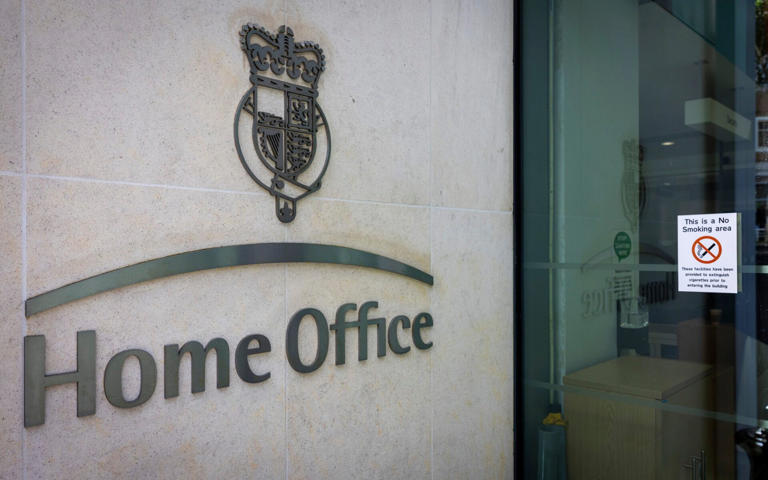In a latest UK immigration development, an Albanian man with nearly 50 criminal convictions has been granted permission to remain in the UK after a judge ruled that his offences were not “serious enough” to justify deportation. However, the Home Office has labelled the man a serious threat to the country.
Zenel Beshi, described the man as a serious and prolific offender, previously served a six-year prison sentence in Italy for robbery, theft, and false imprisonment. Italian authorities also recorded 44 separate burglary and theft offences linked to him. However, despite this extensive record, the UK’s upper Immigration Tribunal ruled that Beshi’s crimes did not meet the threshold of very extreme offending that causes deep public revulsion.
The Home Office had argued that Beshi posed a “genuine, present and sufficiently serious threat” to public safety and should be deported. They also accused him of failing to disclose his criminal history upon arriving in Britain in August 2020, three years after his Italian sentencing.
Home Office rejects application
Beshi applied for residency under the European Economic Area (EEA) scheme, citing his relationship with an EEA national. Although his initial application was rejected due to insufficient evidence, he successfully appealed and was issued a residency card. He later applied to remain in the UK under the EU Settlement Scheme, but the Home Office rejected the application in July 2022, citing his undisclosed convictions and initiating deportation proceedings.
However, Beshi appealed, and a psychologist’s assessment, submitted during the case, described him as being at low risk of reoffending. A first-tier tribunal sided with Beshi, prompting Home Secretary Yvette Cooper to challenge the decision, claiming the court had misinterpreted the legal requirements for deportation.
Despite this, Judge Leonie Hirst of the Upper Tribunal upheld the earlier ruling. She concluded that while Beshi’s criminal past was serious, it did not reach the extreme level necessary for expulsion under current legal standards. She also said that whether Beshi had disclosed his convictions was of little relevance to the case’s final outcome.
Judge Hirst praised the reasoning of the lower tribunal, stating its findings were detailed, clear and well-structured, and rejected arguments that the burden of proof had been misapplied. “The evidence before the First-tier Tribunal did not on any view indicate that [Beshi’s] offending was of the type causing deep public revulsion,” she wrote.
The case has triggered a political backlash. Shadow Home Secretary Chris Philp called the ruling out of touch and accused the courts of failing to protect the public. “This man is a danger to British citizens,” he said. “Judges should prioritise law-abiding people, not foreign criminals. If I become Home Secretary, this will change.”
Current Home Secretary Yvette Cooper is seeking reforms that would make it harder for foreign criminals to remain in the UK on human rights grounds and would require courts to place greater weight on public safety when considering such cases.
A Home Office spokesperson said the government “does not agree with this judgment” and is considering options to appeal. “Foreign nationals who commit crime should be in no doubt that we will do everything to ensure they are not free on Britain’s streets,” they said. “It is in the public interest that they are removed swiftly.”
The case comes amid broader concerns over burglary in the UK, with nearly 270,000 incidents reported annually and a prosecution rate of just one in 25. Studies show that 13% of victims end up moving home due to the trauma of the crime.



